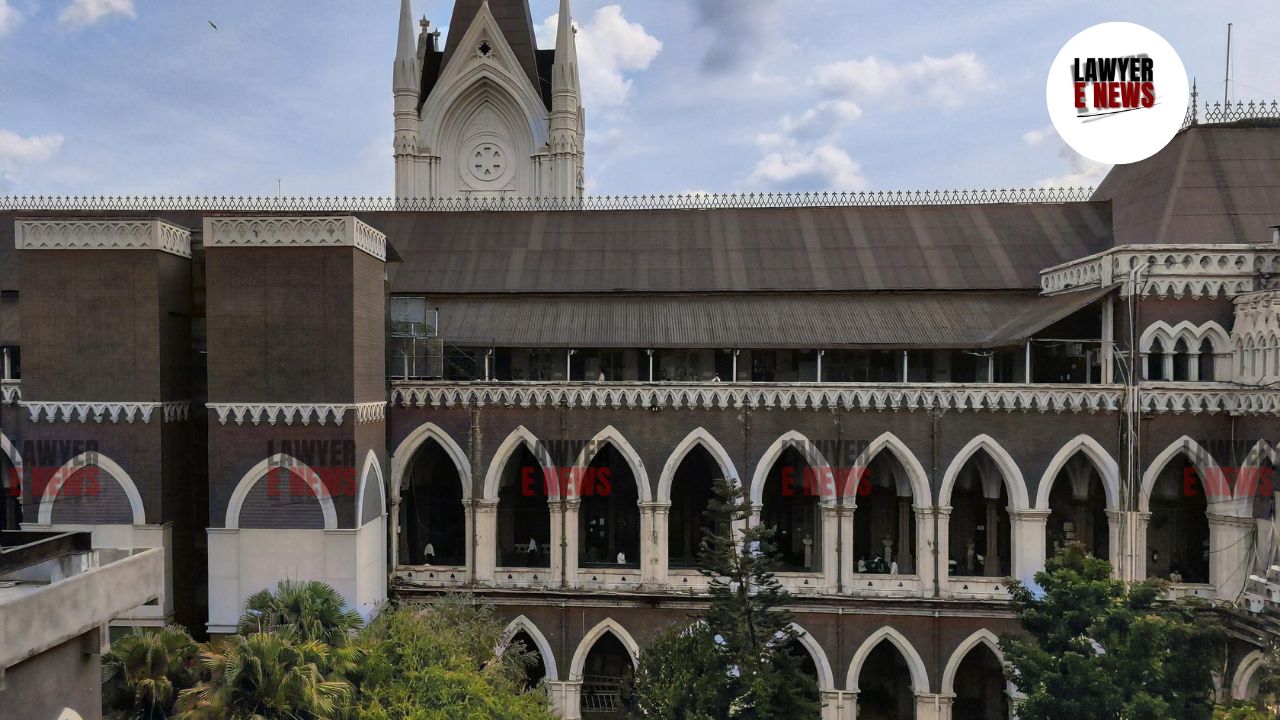-
by Admin
15 February 2026 5:01 PM



Calcutta High Court, in Mohitosh Biswas & Ors. v. State of West Bengal & Anr., addressed the discretionary powers of trial courts under Section 231(2) of the Code of Criminal Procedure (CrPC). Justice Biswaroop Chowdhury allowed the revision petition filed by the defense, setting aside the order of the Additional District and Sessions Judge, Tehatta, which had refused to defer the cross-examination of a key prosecution witness until the examination-in-chief of other witnesses was completed.
The case involved serious allegations, with the petitioners being prosecuted based on the testimonies of certain interested witnesses. The defense sought deferral of the cross-examination of P.W.-1 until the examination-in-chief of C.S.W.-2 and C.S.W.-3 (close relatives of P.W.-1) was completed, fearing that premature cross-examination of P.W.-1 would disclose the defense strategy and enable the prosecution to tailor its case.
The trial court, however, denied the defense's request, expressing concern that the petition was an attempt to delay the trial. The defense then filed a revision petition before the High Court, challenging this decision.
Discretion Under Section 231(2) of CrPC: The High Court emphasized that Section 231(2) grants discretionary power to the trial judge to defer cross-examination of witnesses to ensure fairness in the trial. The judge must balance the interests of the prosecution and defense and consider whether denying deferral would cause prejudice to the accused.
Prejudice to Defense: The petitioners argued that P.W.-1 and other witnesses were related, and premature cross-examination of P.W.-1 would reveal the defense strategy. This would give the prosecution an unfair advantage, as the remaining witnesses could modify their testimony to address any gaps. The court found merit in this argument and noted that the trial court had failed to consider the potential prejudice to the defense.
Guiding Principles from Supreme Court: Justice Biswaroop Chowdhury cited the Supreme Court's decision in State of Kerala v. Rasheed (2019), which held that judicial discretion under Section 231(2) must be exercised on a case-to-case basis, considering factors such as the possibility of undue influence on witnesses and the potential for tailoring testimony.
Fair Trial and Accused’s Rights: The court reiterated the principle that a fair trial is central to criminal proceedings, ensuring that the accused is not prejudiced. Referring to the Supreme Court's judgment in J. Jayalalitha v. State (2014), the High Court emphasized that fairness in a trial includes allowing the accused a reasonable opportunity to defend themselves without disclosing their strategy prematurely.
The Calcutta High Court set aside the trial court’s order, allowing the deferral of the cross-examination of P.W.-1 until the examination-in-chief of P.W.-2 and P.W.-3 was completed. The trial court was directed to proceed expeditiously with the case, ensuring no unnecessary delays.
This judgment reinforces the importance of ensuring that accused persons are provided a fair trial, including the protection of their defense strategy. The court's decision highlights that judicial discretion must be exercised carefully, taking into account the potential for prejudice to the defense.
Date of Decision: October 8, 2024
Mohitosh Biswas & Ors. v. State of West Bengal & Anr..
